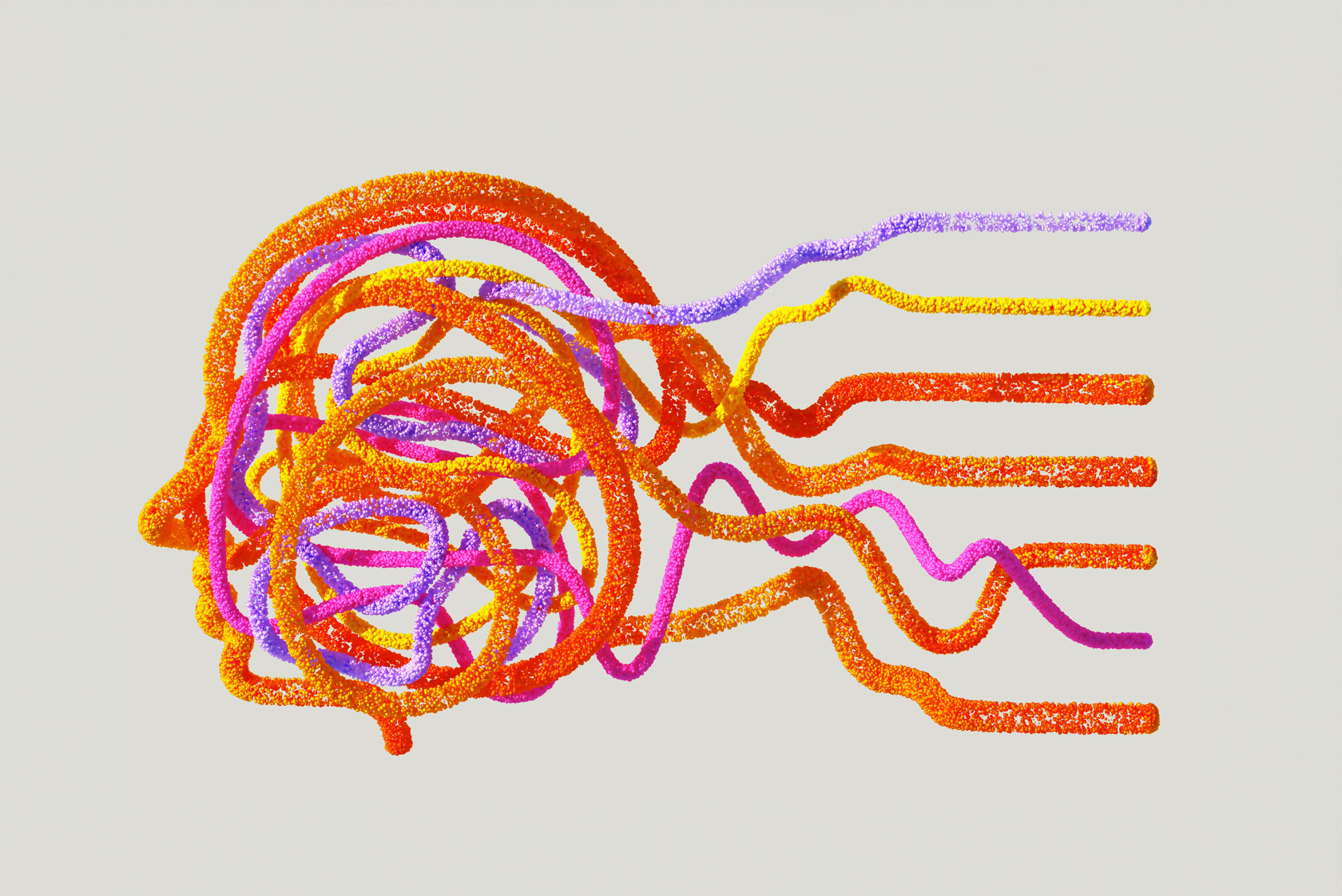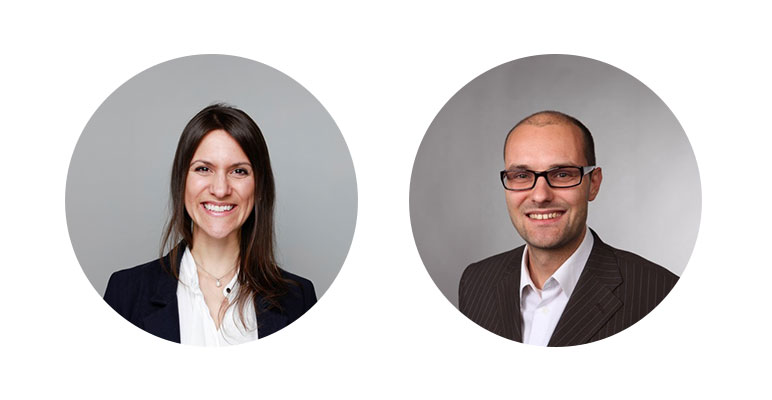
Data Stewards: Central Contact Point for Research Data and Open Data
A few years ago, universities and research institutions began appointing data stewards. But what exactly is their role and how are they integrated into the overall organisation? In this interview, two data stewards from the University of Basel explain their role and report on their work.
Interview with Birgit Knöpfli and Dr Christian Rutzer

Birgit Knöpfli and Dr Christian Rutzer are data stewards at the Faculty of Business and Economics at the University of Basel. Here they report on their experiences.
What is your role as a data steward?
We are the first point of contact for all researchers at the Faculty of Business and Economics of the University of Basel for questions relating to data management. This includes, for example, questions relating to the creation of data management plans for project proposals, the secure storage of (sometimes sensitive) data or ensuring the reproducibility of research work. In addition, we are the link between the faculty and the research data network of the University of Basel. This includes the flow of information and also the organisation of events on the topic of research data management for researchers at the faculty.
How are you integrated in the university’s organisational structure? How do you co-operate with other parts of your university, for example with the library?
As data stewards, we are part of the university’s research data network. The research data network has a central unit based in the University Library. In addition, there are data stewards in various faculties – we are part of the Faculty of Business and Economics, for example – and various other service units that are important for data management, such as Faculty IT. The central unit based in the University Library is responsible for setting up the network and acts as its hub. For example, it organises events on the topic of data management, networks the people responsible for data management at the university and offers various courses for the training and further education of data stewards.
Our function as data stewards is only a secondary activity. Birgit Knöpfli works full-time as a research and administrative assistant for the Chairs of Human Resources and Organisation and Labour Market Economics and supports the two professorships in research and teaching. In his main activity at the CIEB, Christian Rutzer conducts basic research as well as application-oriented analyses for associations, companies and the administration. Due to his active research activities, he has a very good understanding of the needs of researchers and the requirements of data management.
What is the added value of your role from your point of view?
The range of questions that researchers turn to us with is very diverse and includes both IT-related concerns – such as questions about data storage or the use of specific software – and legal aspects relating to the handling of sensitive data.
Against this background, we see the added value of our role in two main aspects: Firstly, we offer researchers a clear point of contact at their faculty to whom they can turn with their questions. Secondly, we have a broad network within the university. This enables us to call in specialised experts if our own specialist knowledge is not sufficient to answer a question. In addition to our knowledge of data management, this is precisely one of our advantages over the researchers: we know who we can turn to with specific questions. We utilise both the resources of the central unit and our personal network, which we have built up through our main jobs and various networking events. This model ensures that researchers not only have a central point of contact, but can also benefit from a broad network of expertise through us.
What experience have you had so far as data stewards?
The Data Stewardship Programme at the University of Basel is currently being set up. We are therefore still relatively new in this function. Our experience so far with the central organisation, the training in data management and the network as a whole has been very positive. There is always someone at the university who can help us with tricky questions and is happy to do so. We have also received positive feedback from researchers so far. We think that young scientists in particular will benefit from having data stewards as contacts, as professional data management is becoming increasingly important in business studies and economics, and not just for the publication process and the reproducibility of scientific results.
What do you think are sensible first steps for Open Data?
The trend in business studies and economics is clearly moving in the direction of an open data culture. In our view, this is very welcome. For publications in renowned economics journals, it is now necessary to provide code and data that ensure the reproducibility of the final results. Many authors now go one step further and make their work fully reproducible by making all raw data up to the final analyses and the corresponding codes available in publicly accessible repositories (some journals, such as the American Economic Review, now even make this a prerequisite for publication). In addition, it can be observed that the standard set by the top journals with regard to the provision of data and code is increasingly being adopted by other journals in the field of economics.
Against this background, professional data management is almost indispensable and young scientists would do well to start early.
We would like to thank Birgit Knöpfli and Christian Rutzer for the interview.
This might also interest you:
- Open Science Symposium: Open Practices and Transparency in Business Studies and Economics
- Open Science in Economics: Selected Findings From the ZBW Awareness Analysis 2022
- Open Economics: Study on Open Science Principles and Practice in Economics
Birgit Knöpfli works as a research and administrative assistant for the Chairs of Human Resources and Organisation and Labour Market Economics at the Faculty of Business and Economics at the University of Basel.
Portrait: Birgit Knöpfli©
Dr Christian Rutzer is Deputy Director of the Center for International Economics and Business (CIEB). The research centre is based at the Faculty of Business and Economics at the University of Basel. Dr Christian Rutzer can be found on LinkedIn.
Portrait: Dr Christian Rutzer©
Both are also available to the faculty as data stewards.
This text has been translated from German.
View Comments

Open Science Policies: What About Equity and Inclusion?
Open Science policies are meant to foster Open Science in general. However, most of...



